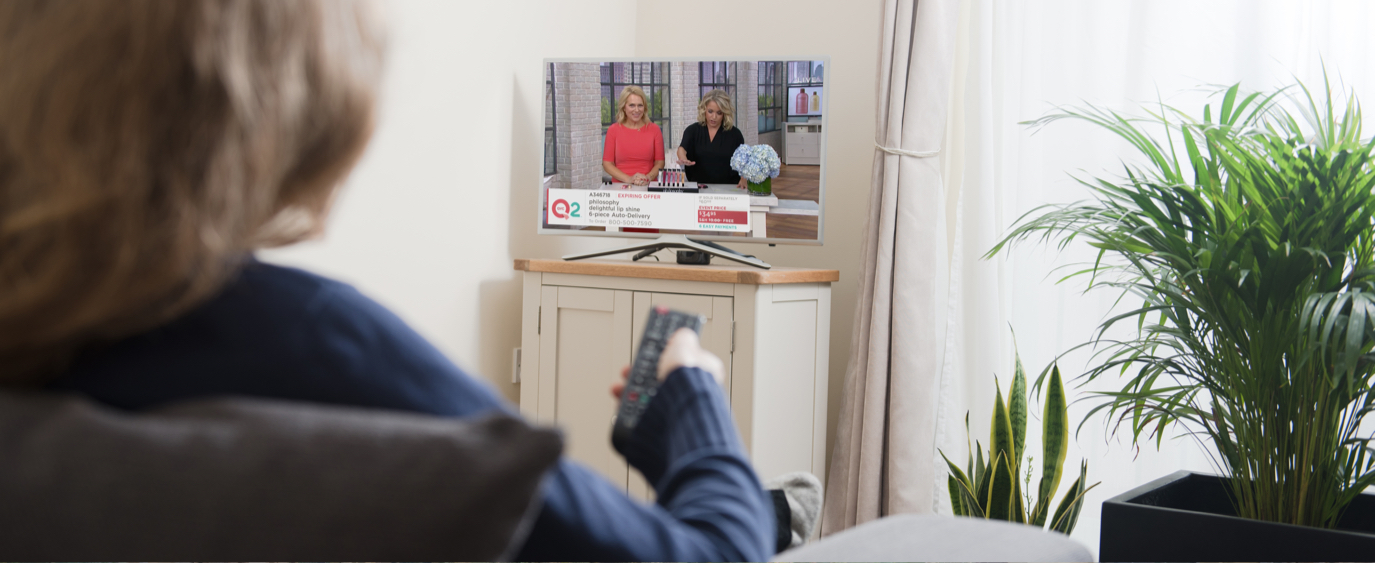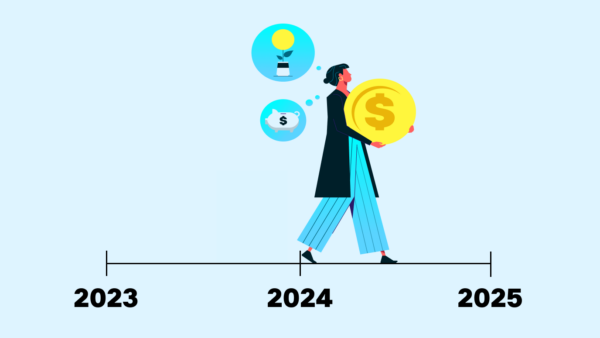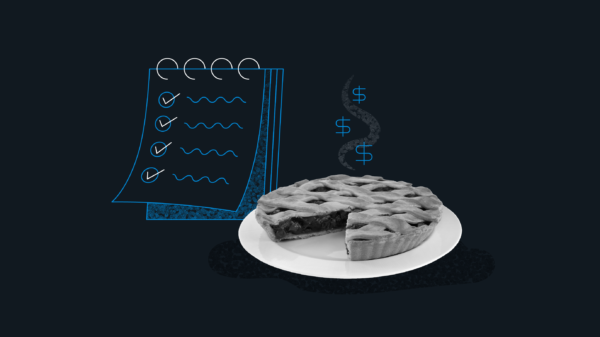Aug 3, 2018
The Psychological Trick Companies Like QVC Use to Get Your Money
Find your weakness and try to fix your spending.

Clip-on bangs! Peridot jewelry! Knives that cut through soda cans! How are companies like television shopping networks QVC and the HSN so good at getting you to buy things you didn’t know you wanted?
Many people have a certain weakness when it comes to money, and it’s often that they can’t wait to spend it. While we can generally stick to a budget and maintain some sort of financial discipline, there are times that it all goes out the window.
When you’re in the checkout line at the supermarket and realize you haven’t had Bubble Tape in 15 years, for example. There are whole industries devoted to getting you to see the gum and toss it you into your basket. Or, when you’ve had a few drinks and decide it’s time to shop around for a missile silo. Maybe that’s an extreme example.
That itch to spend? It’s called impulse buying. And there are entire businesses built to capitalize on our lack of impulse control.
QVC and impulse buying
Impulse buying, or compulsive buying, means that you’re spending money on things you may not need, and have little control over it. It can be destructive behavior and is a common reason that someone might consult a financial therapist.
Yes, QVC addiction is a real thing. Some people get addicted to the shopper’s high, and they embrace the network’s presence—even as it overpowers their judgment.
It’s a codependent relationship, too, that companies like QVC have with its customers. The company regularly drives more than $8 billion in revenue per year—even in the age of Amazon.
Here are some of the ways it gets you to spend:
- Timers – A countdown alerting shoppers that they only have so much time left to make a purchase.
- Artificial scarcity – Relaying that there are only so many products left in stock.
- Electronic transactions – You can’t pay in cash, so you may lose grip of how much you’re spending.
- A focus on status goods – QVC and HSN sell a lot of lower priced, celebrity designer-endorsed jewelry, makeup, and clothes—goods that many compulsive shoppers are drawn to.
Train yourself to resist temptation
Watching QVC or other shopping networks is only one way in which our impulse control is tested. It happens to us everyday, whether we realize it or not, and not always financially.
The question is, what can you do about it?
There are ways to test your ability to resist impulse purchases, and even methods for helping to guard against them:
- The financial “marshmallow test” – Take a play from your childhood, and see if you can build up the ability to delay gratification. If you’re disciplined enough not to eat a marshmallow, you can pass on purchasing a stained-glass Celtic cross.
- The cash diet – This entails using cash—and cash only—to make non-essential purchases. If you hide your credit and debit cards and delete all of those apps, you’ll be forced to pay in cash, and have to face reality as you fork over cold, hard dollars.
These are, of course, just a couple of methods for working on your financial discipline—there are others. As for all that money you can end up saving? Instead of stocking up on flameless lanterns, why not save that money for the future?
But wait, there’s more! 😉
If you set up Auto-Stash, you can automate your savings into a diversified investment portfolio.
Stash Learn Weekly
Enjoy what you’re reading?
[contact-form-7 id="210" title="Subscribe" html_id="default"]Related Articles

The 2024 Financial Checklist: A Guide to a Confident New Year

9 Ways to Celebrate Financial Wellness Month

Budgeting for Young Adults: 19 Money Saving Tips for 2024

The Best Personal Finance Books on Money Skills, Investing, and Creating Your Best Life for 2024

What Is a Financial Plan? A Beginner’s Guide to Financial Planning

How to Save Money: 45 Best Ways to Grow Your Savings





